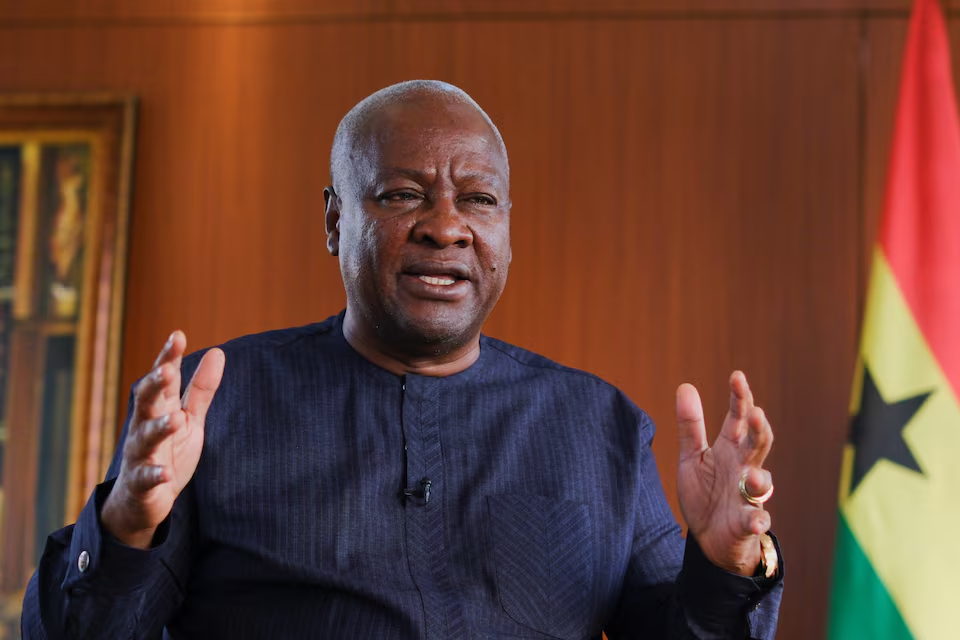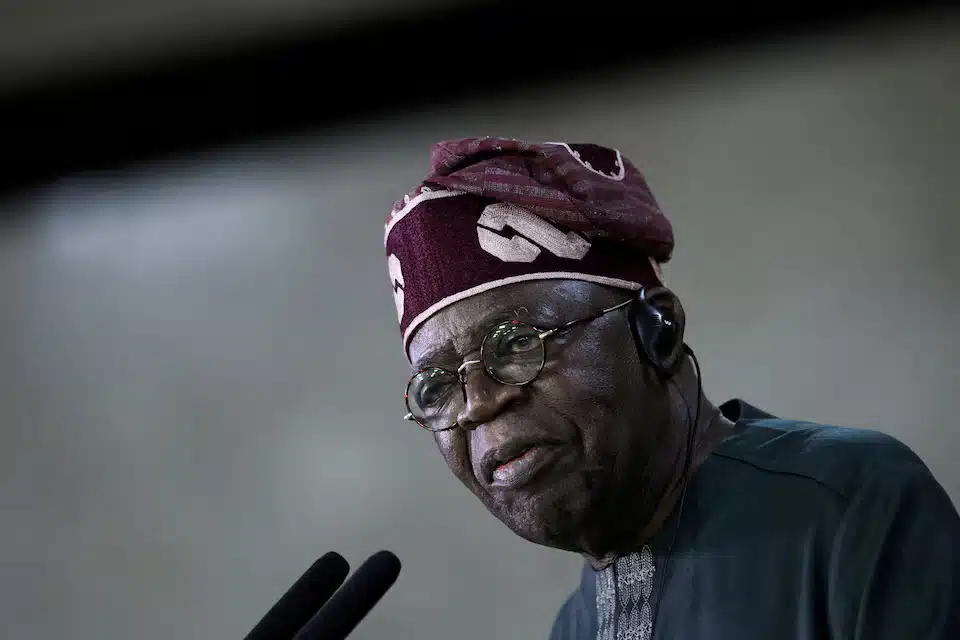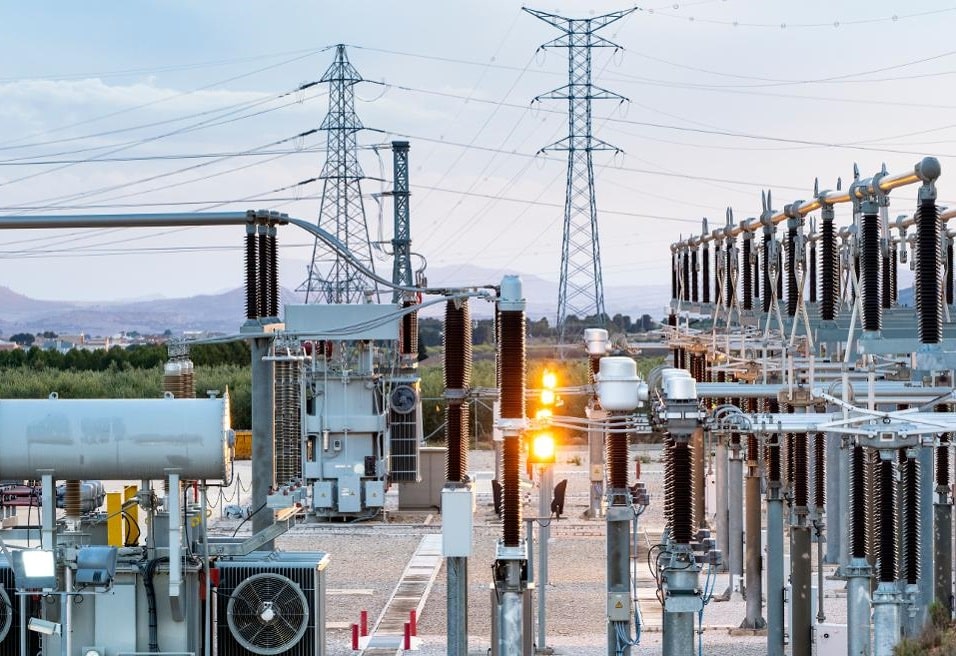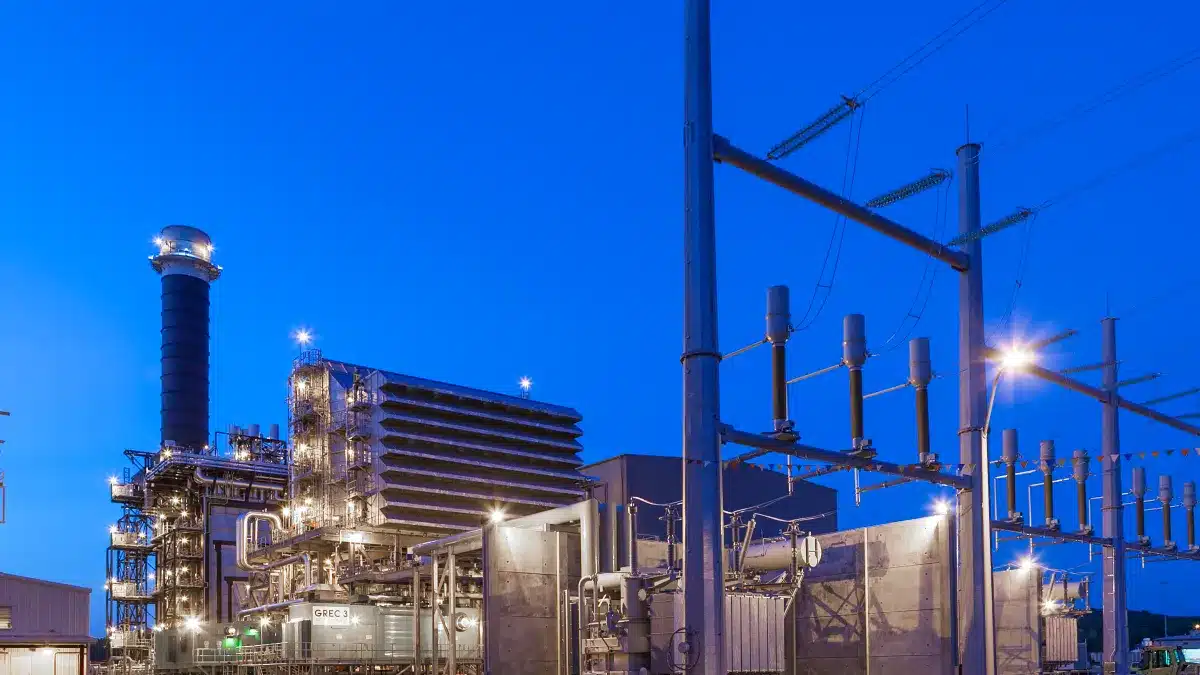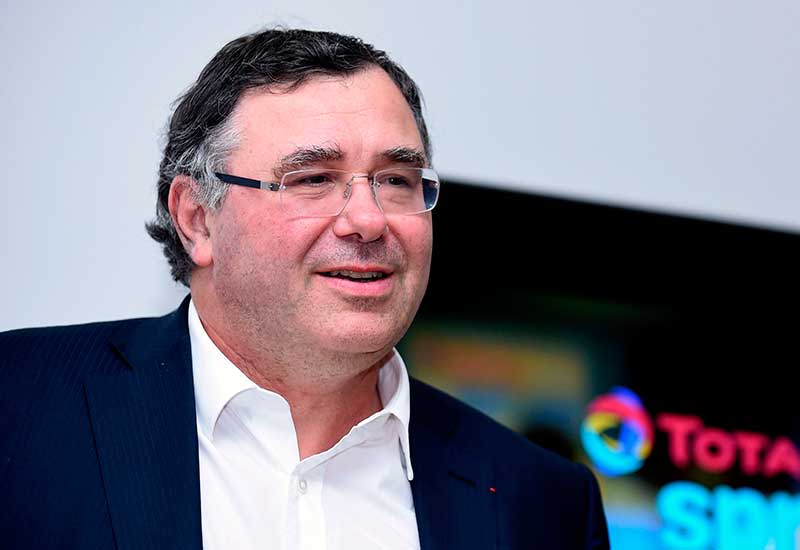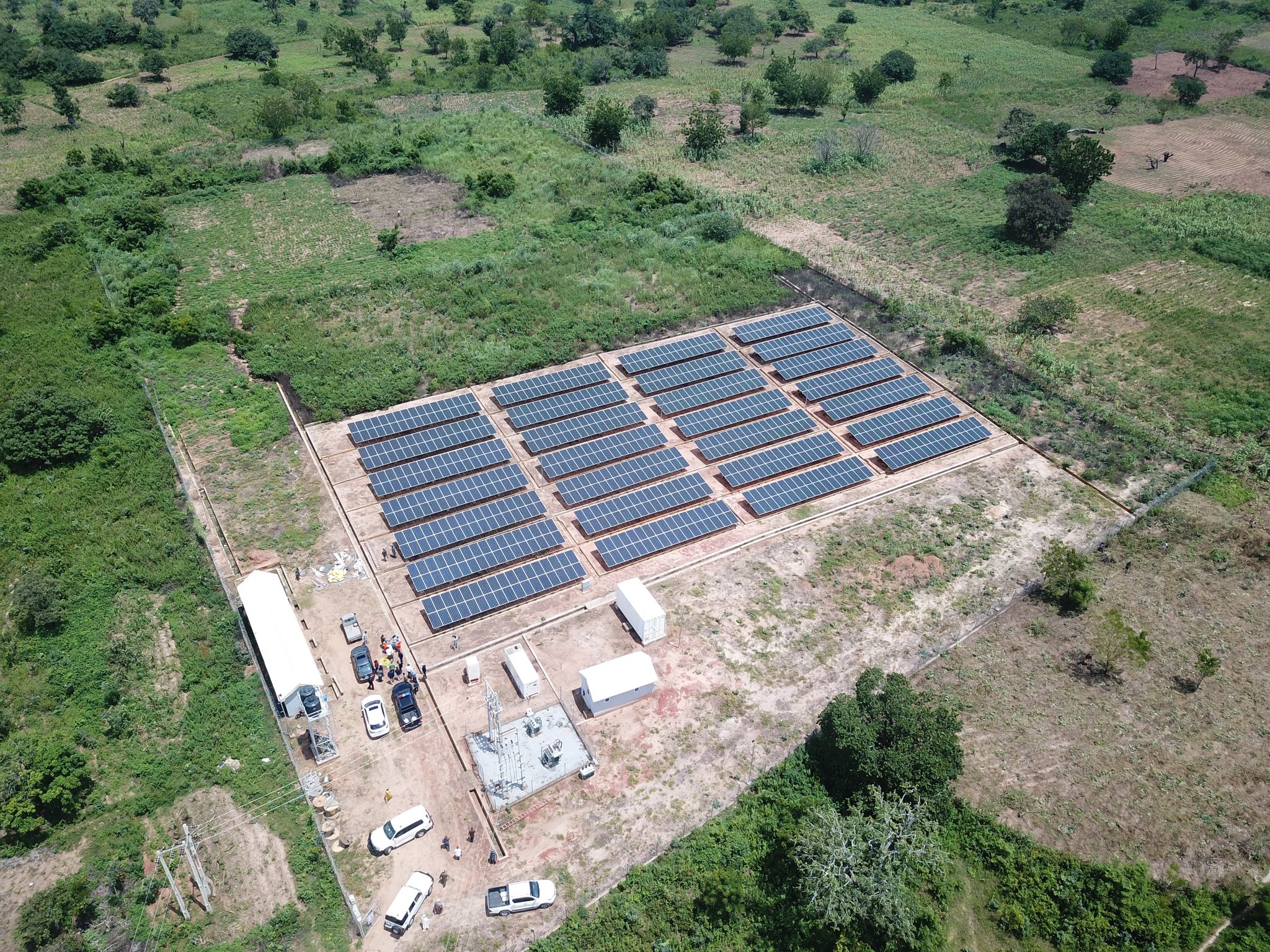The Ghanaian government has achieved a major financial breakthrough, saving approximately $300 million through a comprehensive review of legacy contracts by the Electricity Company of Ghana (ECG).
The move is part of broader efforts to streamline project procurement and enhance revenue mobilization across the energy sector.
Minister for Energy and Green Transition, John Jinapor, announced the savings during a working visit to ECG headquarters, describing the company as “the heartbeat of Ghana’s energy value chain.”
His visit is part of a series of supervisory engagements with agencies under his ministry.
Jinapor praised ECG’s leadership, under Managing Director Julius Kpekpena, for auditing 347 legacy contracts, out of which 202 were terminated and
Jinapor commended the management of ECG, led by Julius Kpekpena, for successfully reviewing 347 legacy contracts, out of which 202 have been terminated, delivering significant cost savings to the state.
However, the minister also issued a stern warning to ECG staff, condemning corruption, unauthorized meter sales, and revenue diversion. He emphasized that any employee found guilty of misconduct would face full accountability.
“Any staff involved in malfeasance—be it through unauthorized sale of meters or diversion of revenue—will be held fully accountable. There will be no shielding, no special treatment, and no exceptions,” Jinapor declared.
Ghana’s energy sector clean up
Ghana is undergoing a major transformation in its energy sector which currently faces a huge debt that stood at about $6 billion as of July.
To resolve longstanding inefficiencies and build a more transparent energy sector, the government has rolled out several measures including a comprehensive review of past energy policies and contracts.
The cleanup effort, driven by regulatory updates, and private sector engagement, targets key challenges such as legacy debt, procurement opacity, and infrastructure weaknesses.
ECG now requires all new power generation projects to be procured through competitive bidding in an attempt to eliminate sole-sourcing, reduce costs, and improve transparency.
Recently, the Parliament approved GH¢1.2 billion ($111.6 million) for the Ministry of Energy’s renewable transition, including the installation of one million smart meters.
These upgrades aim to reduce technical losses, improve billing accuracy, and curb energy theft.
Ghana’s energy sector is burdened by over $3 billion in legacy debt, about the same amount that the country’s anti-graft agency says Ghana loses annually to corruption.
Financial institutions like Fidelity Bank are calling for disciplined capital investment and tariff reforms to break the cycle of inefficiencies and restore liquidity.
Soon after taking office, President John Mahama launched “Operation Recover All Loot” to investigate and prosecute such crimes.
In July, the Office of the Special Prosecutor (OSP) charged several executives and companies in a $28 million extortion and money laundering scheme.
Minister Jinapor says such decisive actions shows the government’s commitment to restoring discipline and financial prudence within state institutions.
He added that the government is tackling legacy issues while also enacting sweeping structural reforms to secure the energy sector’s long-term resilience and stability.

